Studying abroad can be an enriching experience for international students, and Toronto in particular offers a diverse cultural landscape alongside world-renowned, high-quality academic institutions. As a parent to an international student, your role is also critical, and your efforts in supporting your child’s education can have a significant impact on their level of success.
In today’s post, we’d like to explore the ways that international parents can effectively contribute to the success and well-being of their child as they study abroad:
Understand the Academic Expectations
International schools in Toronto often follow different educational frameworks and curriculums. Here at Keystone, for example, we offer the Ontario Secondary School Diploma, but we have also recently become an IB (International Baccalaureate) candidate school and are expecting to receive authorization to offer the IB Diploma Program within the next few academic years. It is thus crucial to familiarise yourself with the specific curriculum your international student will be studying and understand its specific academic expectations and assessment methods. This knowledge will help you allow you to provide them with informed support and guidance.
Open Communication
Communication is key to supporting your child’s education. At Keystone, we believe in establishing clear and open lines of communication with students and parents from our first time meeting you. Our Admissions Coordinator serves as the first point of contact for all questions and concerns, and our team of dedicated Academic Coordinators as well as our principal are always on hand for meetings (whether in-person or virtual). We recommend that you also aim to establish a regular dialogue with your international student’s teachers to stay updated on your child’s progress, as well as any challenges and achievements. We also encourage all of our international parents to attend parent-teacher meetings, and to participate in webinars and school events as much as possible.
Support Cultural Adaptation
International schools often have a diverse student body, which can enrich your child’s cultural awareness and social skills. At Keystone, we regularly host multicultural potlucks and ask students of various cultures to make presentations to their peers about cultural celebrations and events that are important in their home countries. As a parent, you can encourage your child to volunteer to make one of these presentations as a way to continue to uphold their cultural background and beliefs even from abroad. We also frequently invite parents to attend multicultural events organised by the school to reinforce cultural understanding and appreciation.
Utilise Available Resources
At Keystone, we have many resources available to international parents to keep them informed about all that is happening here on a daily basis. For example, we actively update our Instagram and Facebook pages so that parents and family members back home can get a taste of what their international students are doing in real-time at the school. Our Head of School also often hosts webinars to prepare parents for what to expect from Keystone as their students tradition from one grade to another.
Another unique tool that we use at Keystone is our online learning platform, Canvas, which includes a feature that allows parents to create an observer account and follow along with how their international student progresses through a course. We encourage parents to take advantage of all of these resources.
Promote Balance
While academics are very important, it is critical to also encourage your child to maintain a healthy balance between schoolwork and leisure time. At Keystone, we offer a wide array of extracurricular activities and after-school clubs, and we ask that each student participate in at least one per week to ensure that they are active socially in the school community. It is so helpful for us when parents support their international student’s interests outside of academics, and encourage them to maintain a balanced lifestyle. We find that this contributes to their overall well-being and enhances their academic performance.
Seek Support When Needed
If you notice your child struggling academically or emotionally, don’t hesitate to speak to the administrative and academic staff to seek help for them. International schools often have resources in place to address various challenges students may face, whether it is homesickness or troubles finding time to study effectively. Early intervention can prevent issues from escalating.
Supporting your child’s education at an international school involves active participation and understanding. By fostering a positive relationship with school and the staff there, you can contribute significantly to their academic success and personal and social development.







